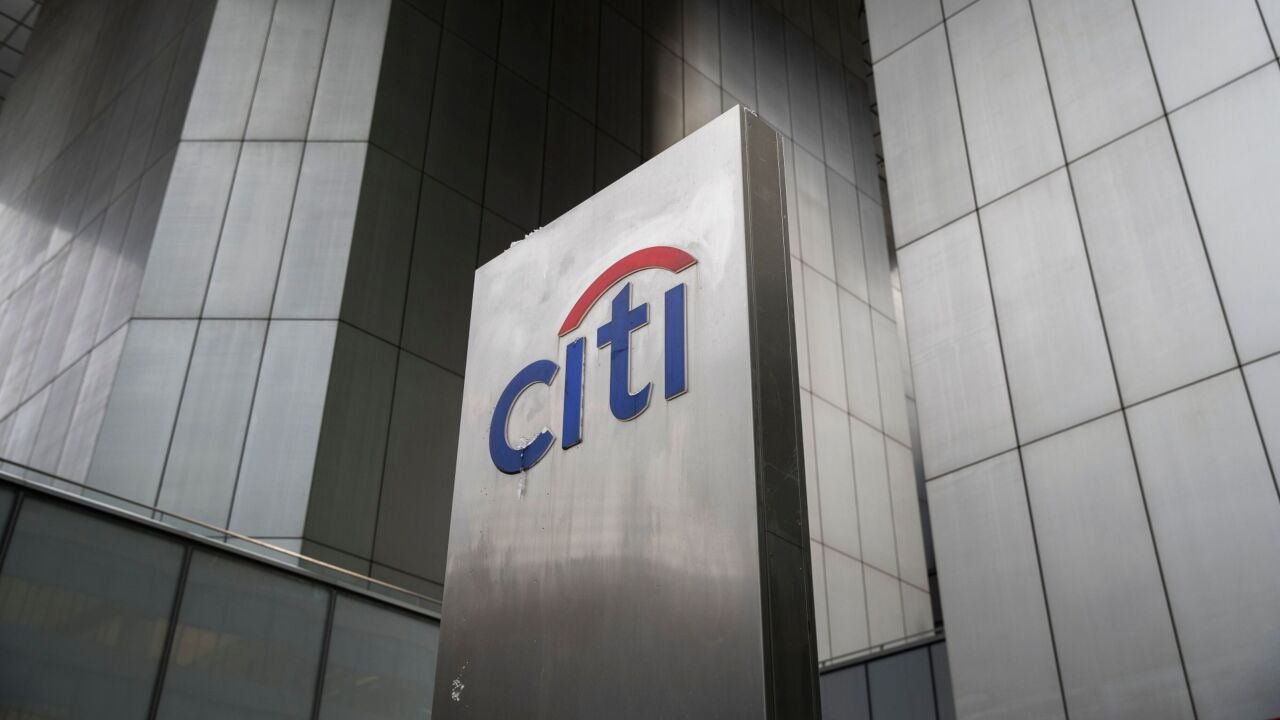In the decade since the last real estate recession, lenders have tightened up their underwriting criteria, perhaps nowhere more so than for hotels, long considered the diciest sector.
Joel Ross, a partner at Citadel Realty, a New York real estate investment banking boutique, thinks it's time to move on.
"They're treating hotels like we're still in the '80s or early '90s," Mr. Ross said. He argued that such a large disparity is no longer warranted.
The hotel sector's typical loan-to-value ratio, as high as 120% in the 1980s, is down to 70%. Lenders are evaluating hotels based on cash flow rather than property appraisals and requiring owners to set reserves for capital expenditures.
But for those trying to finance hotels, it feels as though no one is giving them credit. Conduit lenders, who make loans for securitization, charge, on average, 100 basis points more for hotel loans than for loans secured by apartment houses.
"In 1997 I came up with the idea that the capital markets were not appreciating major changes in hotel finance," said Mr. Ross, who co-founded Citadel last year with Patricia Goldstein, the former head of real estate at Citibank.
The fact that the differential persists shows just how deep an impression the troubles of previous cycles left on investors who buy commercial mortgage-backed securities. Investors are not alone; rating agencies appear to agree, requiring conduits to use much higher subordination levels for hotel loans than for those secured by other property types.
The general knock on hotels is that unlike, say, an office building, which a developer can lease before construction is completed, a hotel by its nature is vacant the day it opens. And though office leases can be as long as 20 years, hotel rooms turn over every few days. A hotel therefore requires more active management than a property with long-term leases. And unlike apartments, considered a safer bet because people must live somewhere, hotel stays are much more sensitive to economic cycles.
But hotel properties suffer in comparison to riskier categories than apartments. When compared to retail properties, the markup still tends to be about 65 basis points.
To prove his point, Mr. Ross hired PricewaterhouseCoopers to crunch some numbers. Last week it published a 30-page report jam-packed with statistics and graphics that would seem to bear out the theory that hotel loans are a much safer bet than they were 10 years ago.
Some bias was in play; the study was financed by the Council of Inns and Suites. But Mr. Ross and PricewaterhouseCoopers say the findings show that lenders have taken to heart the lessons of previous cycles.
Among the findings: Of all the hotels in the country, 17% are owned by publicly traded real estate investment trusts, which must answer to shareholders and are therefore not apt to be overleveraged; 2% are owned by pension funds, also considered conservative players; and 11% are owned by individuals and are free and clear of debt.
That adds up to 30% of the industry having no or low leverage, Mr. Ross said, though someone seeing the glass as half empty might point out that 62% are still owned by individuals with some debt.
Debt service coverage ratios are up. PricewaterhouseCoopers estimated that operating income for the average full-service hotel last year was twice the interest repayment costs, compared with 1.5 times in 1995 and less than 1.0 in 1993. This is because underwriting standards have been tightened and hotel profits have surged.
The default rate for the lodging industry is way down: about 1.5% last year, compared with 16% in 1992. Of that, Mr. Ross said, many are cases in which "the road got closed, the rehabilitation got screwed up, or the partners got into a fight - ordinary business kinds of things, not due to overbuilding."
Another big difference, Mr. Ross said, is that today hotel developers and owners know the business. "In the 1980s you had a lot of tax shelter syndicators building hotels, office developers building hotels, a lot of people building hotels who never should have," he said.






